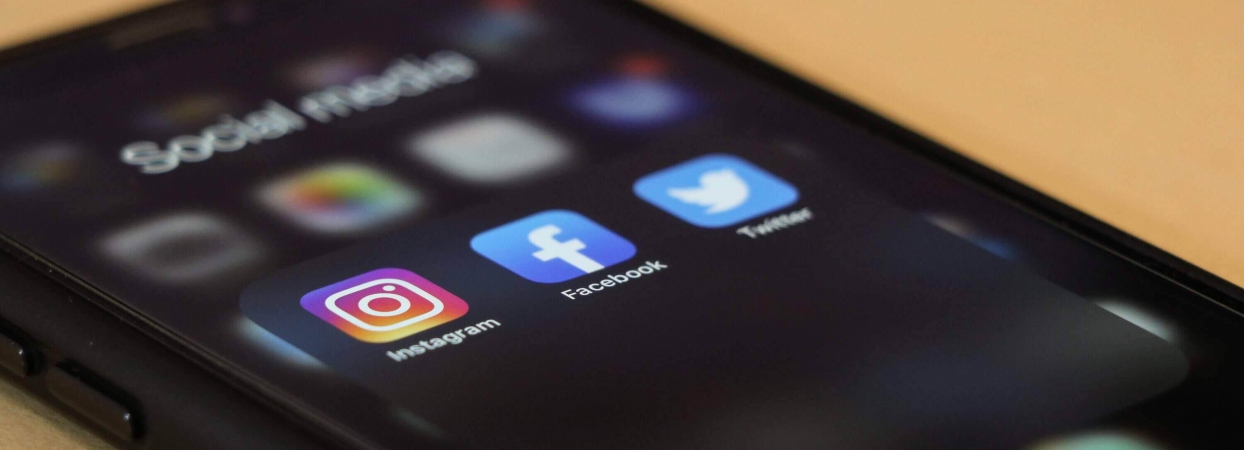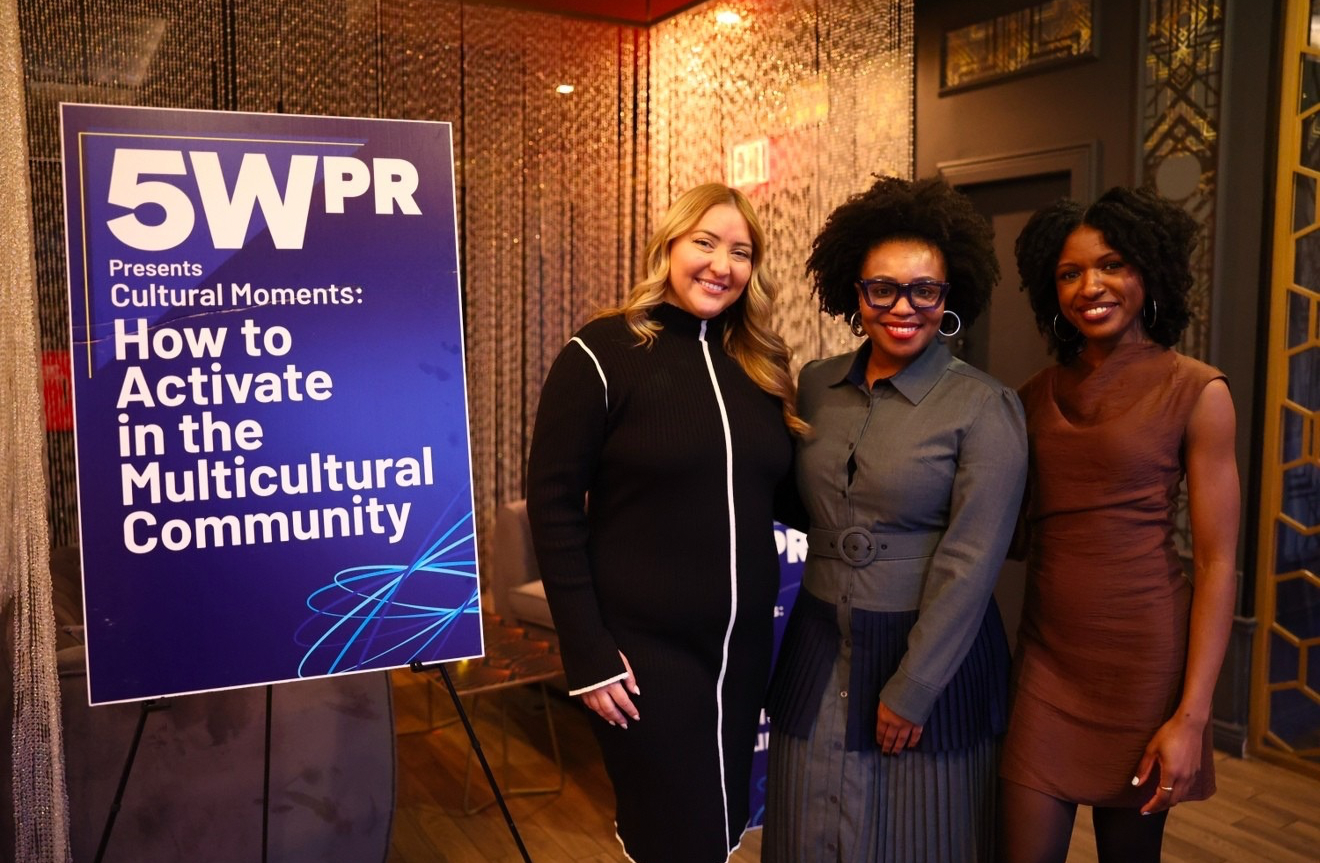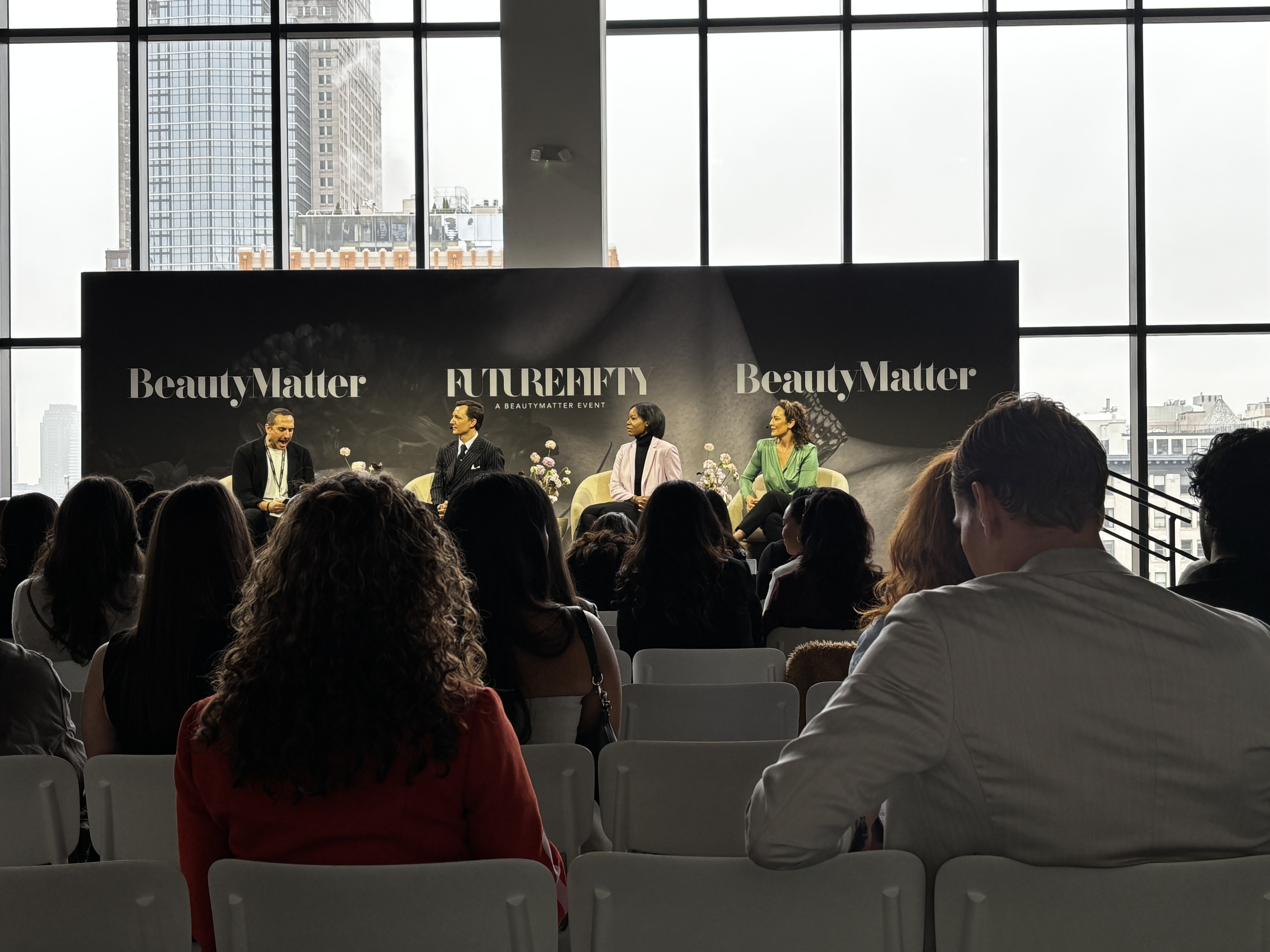In today’s digital age, social media has become an integral part of our daily lives. It’s not just a platform for sharing personal updates. It’s a powerhouse for consumer public relations success.
PR Overview
- Why is social media so attractive to consumers?
- Product discovery
- Research and reviews
- Peer pressure
- Fear of missing out (FOMO)
- Brand loyalty
- Knowing the audience
- Content is king
- Leveraging influencer marketing
- Engaging authentically
- Telling the brand’s story
- Using hashtags strategically
- Running contests and giveaways
- Monitoring conversations
- Data-driven insights
- Crisis management
- Consistency
- Paid advertising
Social media platforms have captured the hearts and minds of billions of people worldwide. Understanding why social media is so attractive to consumers is key to leveraging it for PR success. Social media provides a sense of connection and community. Consumers can connect with friends, family, and like-minded individuals globally, fostering a feeling of belonging. It’s a one-stop shop for information and entertainment. Users can access news, trends, videos, and articles on a wide range of topics. Visual content, such as images and videos, dominates social media. It’s an engaging and easily digestible way to consume information. Social media is interactive. Users can like, share, comment, and even participate in live discussions. It’s not a passive experience. Lastly, algorithms tailor content to the preferences of the users, ensuring they see posts and ads relevant to their interests.
Product discovery
Consumers often discover new products and brands through social media. The recommendations they come across from both influencers and friends can introduce them to products they might not have encountered otherwise.
Research and reviews
Before making a purchase, consumers turn to social media for research. They read reviews, watch unboxing videos, and seek opinions from their network.
Peer pressure
Social media can create a sense of peer pressure. Seeing friends or influencers using a product may drive others to do the same.
Fear of missing out (FOMO)
The fear of missing out on the latest trends or experiences can drive social media and consumer behavior. Scarcity marketing techniques often play on this feeling.
Brand loyalty
Engaging social media consumer behavior can foster brand loyalty. When brands interact with customers and provide excellent service, it strengthens the consumer-brand relationship.
Knowing the audience
Understanding the target audience is paramount. Know their interests, pain points, and preferred social media platforms. Tailor the PR efforts accordingly.
Content is king
Create compelling content that resonates with the target audience. Use a mix of text, images, videos, and infographics to keep the brand’s social media presence engaging.
Leveraging influencer marketing
Collaborate with influencers relevant to the company’s industry or product. Their authentic recommendations can carry significant weight with consumers.
Engaging authentically
Authenticity is key. Engage with the audience genuinely, respond to comments and messages promptly, and address concerns openly.
Telling the brand’s story
Use social media to tell the brand’s story. Share its journey, values, and mission. Consumers love connecting with brands that have a compelling narrative.
Hashtags can increase the discoverability of content. Research relevant hashtags in the industry and incorporate them into the social media posts.
Running contests and giveaways
Organize contests and giveaways to boost engagement. Encourage users to participate by sharing their experiences with the product or brand.
Monitoring conversations
Continuously monitor social media conversations related to the brand. Address negative comments or concerns promptly and professionally.
Data-driven insights
Use analytics tools to gain insights into the company’s social media performance. Adjust the PR strategy based on what works and what doesn’t.
Crisis management
Be prepared for crisis management on social media. Have a plan in place to respond to negative incidents swiftly and effectively.
Consistency
Maintain a consistent posting schedule. Regular updates keep the target audience engaged and informed.
Paid advertising
Consider using paid social media advertising to reach a wider audience. Platforms like Facebook and Instagram offer sophisticated targeting options.
Multicultural Marketing in Focus: Lessons from 5WPR’s Happy Hour Panel Session with Nissan, Allure, SELF Magazine, Full Court Marketing, and Zeta Global
At 5WPR, we understand that impactful multicultural marketing requires more than inclusive...
5WPR at BeautyMatter’s Future50: The Future of Beauty, Retail, and Wellness
Ilisa Wirgin, Managing Partner and EVP of Beauty, Health & Wellness at 5WPR, attended...
Living at the Intersection of Beauty, Technology, and Innovation
CES 2025 once again proved to be the epicenter of technological advancement, and this year, beauty...




